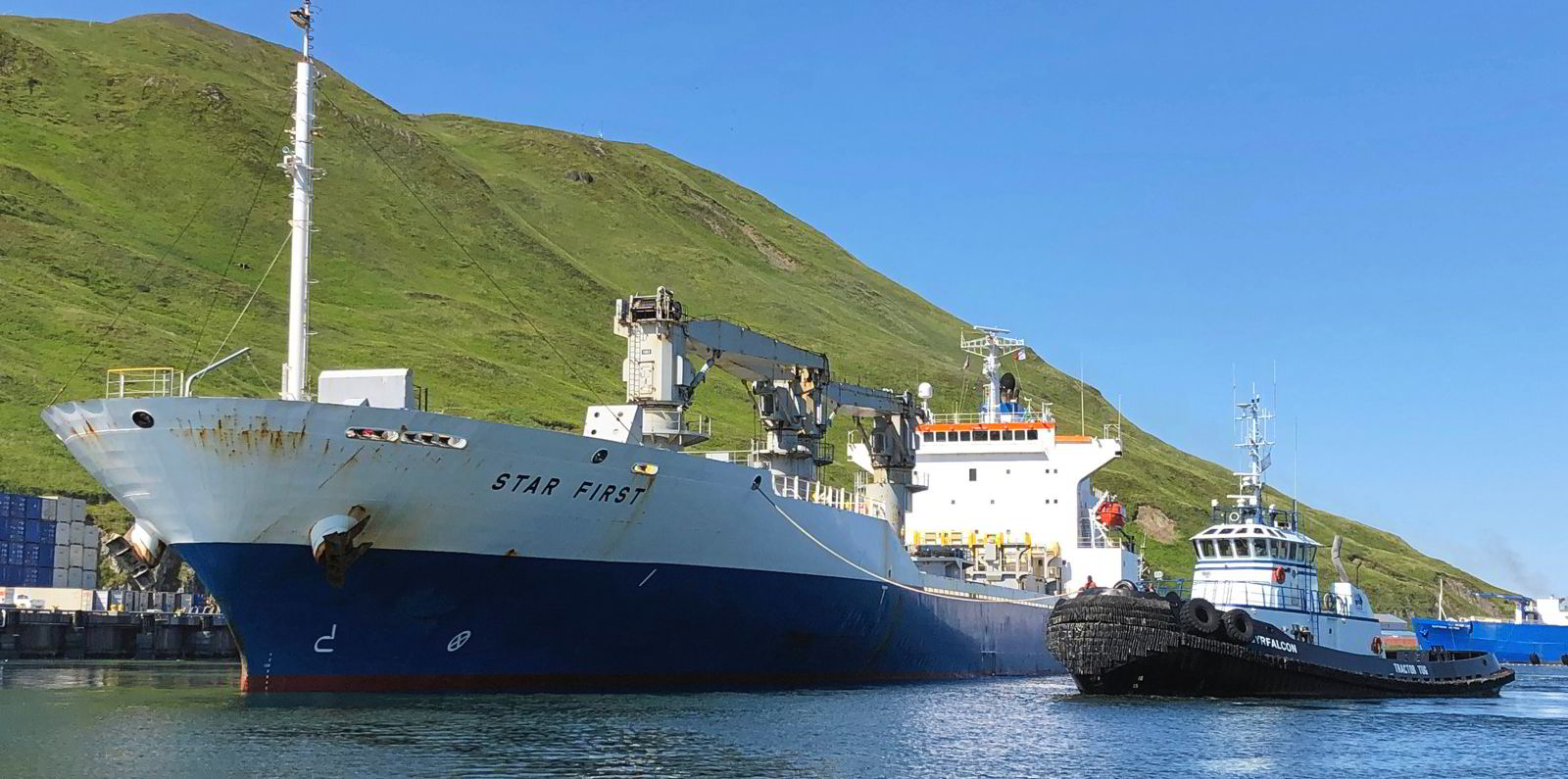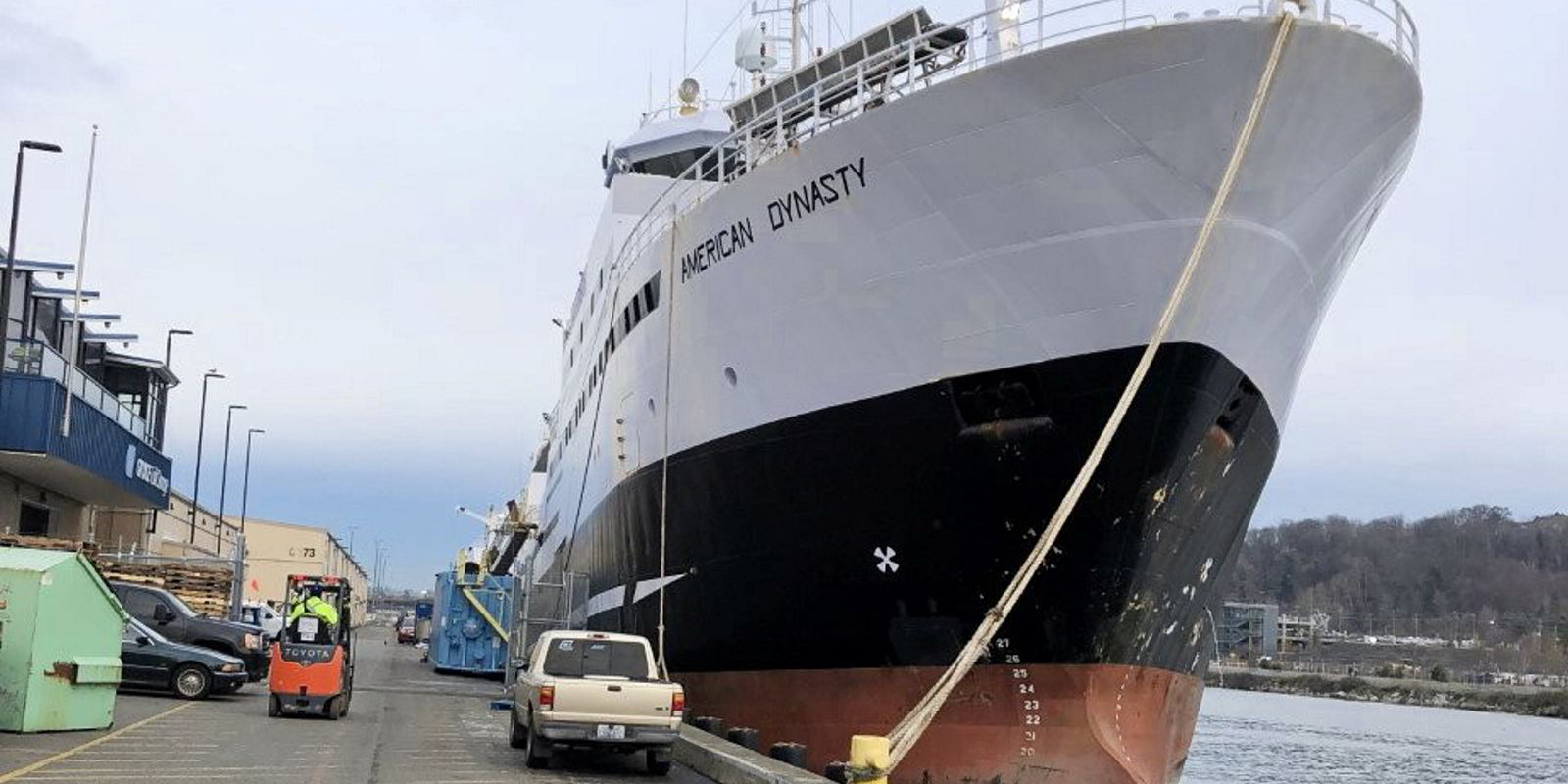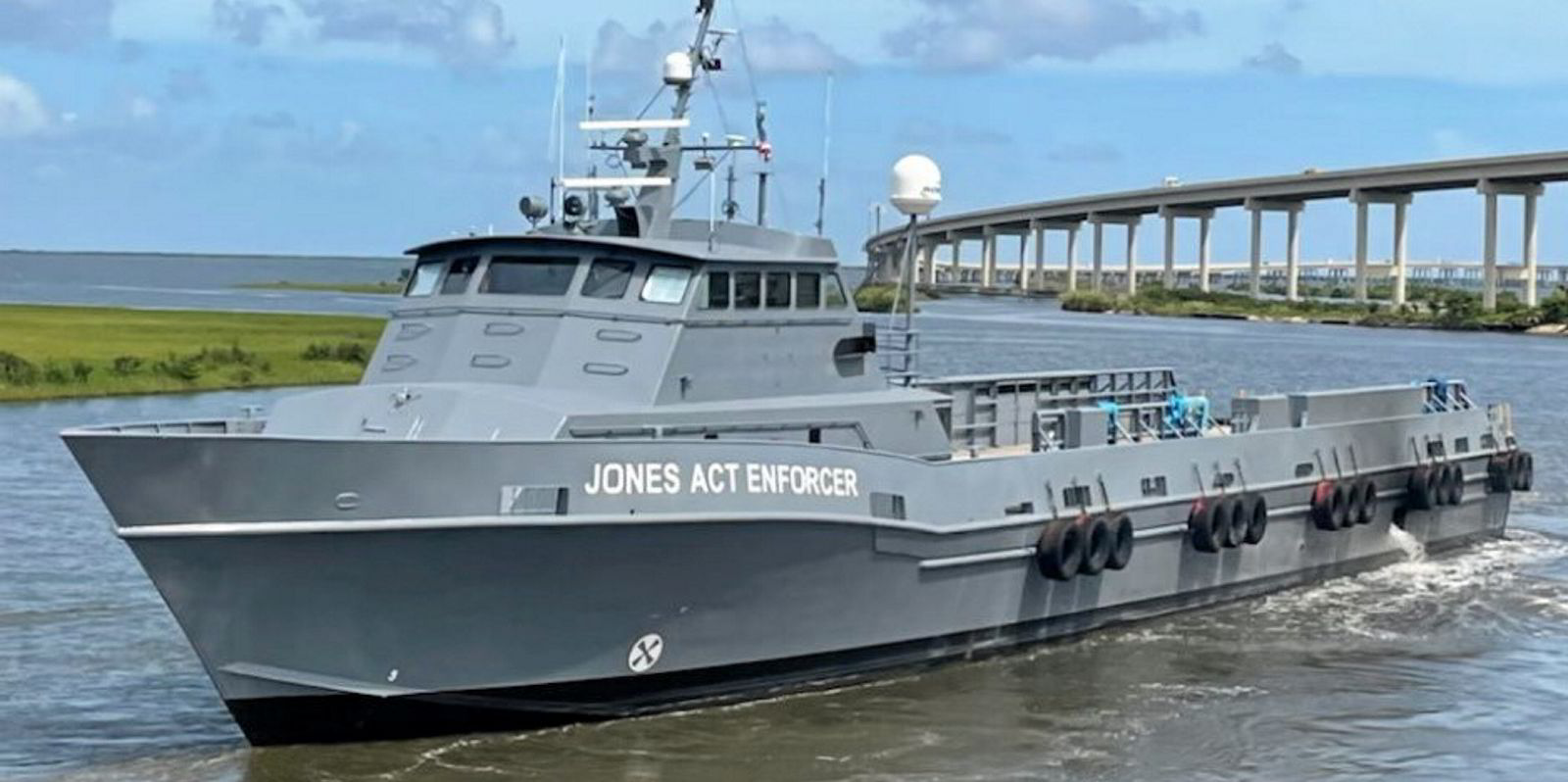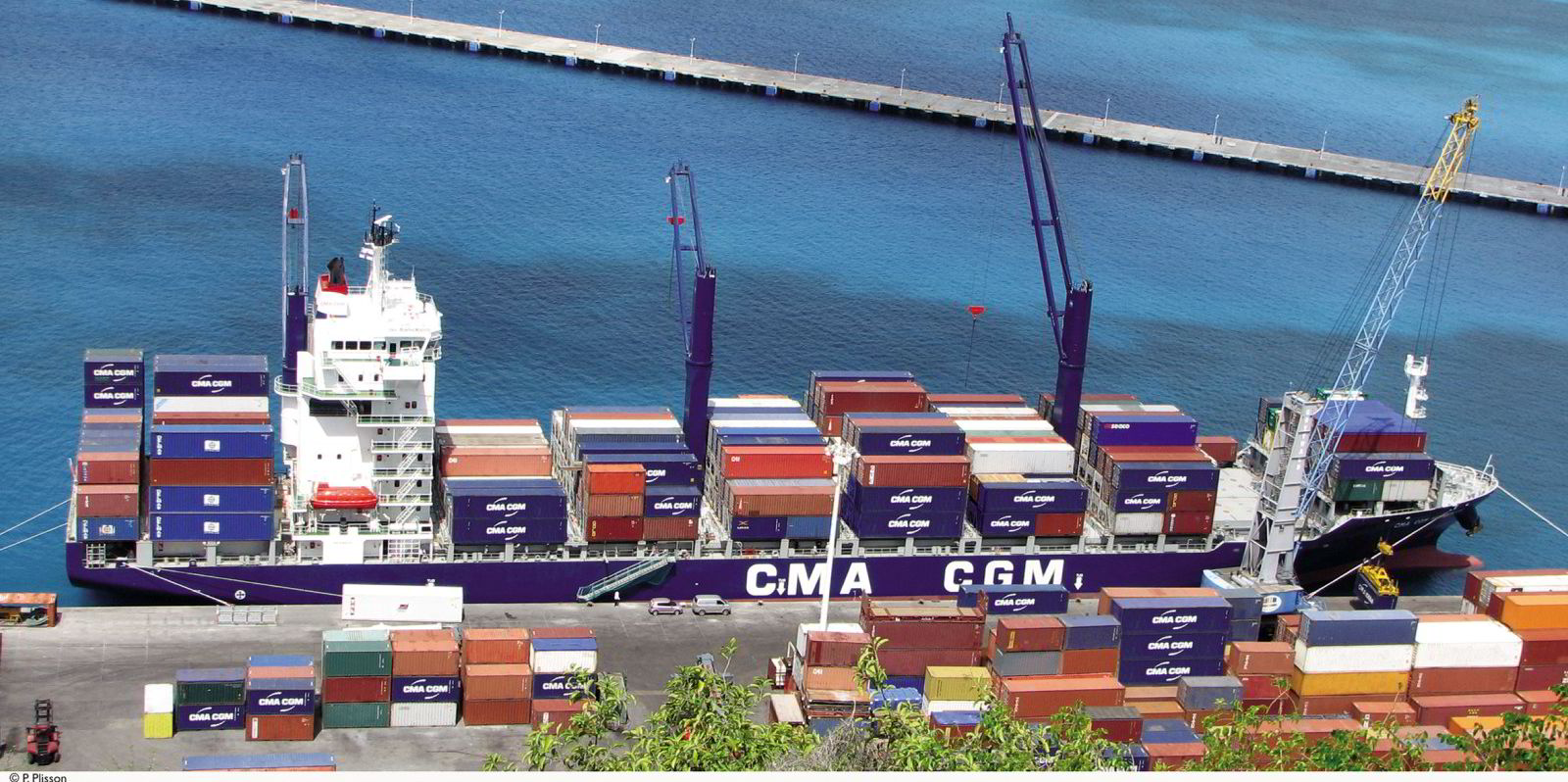Four US shipowners have told the US federal district court in Alaska they were deprived of business that was rightfully theirs over nine years of an alleged scheme to beat the Jones Act.
US fishing player American Seafoods and other violators should not be spared the full penalties allowed by law, said executives of Matson Navigation, Coastal Transportation, Sampson Tug and Barge, and Alaska Marine Lines.
US Customs and Border Protection (CBP) agency authorities agree, and have told the court that those who skirted the law should feel the full force of an estimated $350m in fines.
The Jones Act is the stringent US cabotage law that prohibits carriage of cargo between points in the US by non-qualified ships.
TradeWinds has previously reported on the massive fines that the CBP demanded in August from American Seafoods through its shipping and logistics affiliates, Alaska Reefer Management and Kloosterboer International Forwarding.
Under the scheme, international reefer owners carried frozen fish from Alaska through the Panama Canal into the northeastern US with a stop in New Brunswick, moving cargo along a 100-foot Canadian train link there that was supposed to have neutralised Jones Act requirements.
American Seafoods affiliates have plead that the sudden penalty blitz in August took them and the entire seafood supply chain by surprise, and have petitioned the court for a temporary restraining order to defer enforcement. Otherwise, they and their customers will suffer "irreparable harm" — a legal standard for such an order.
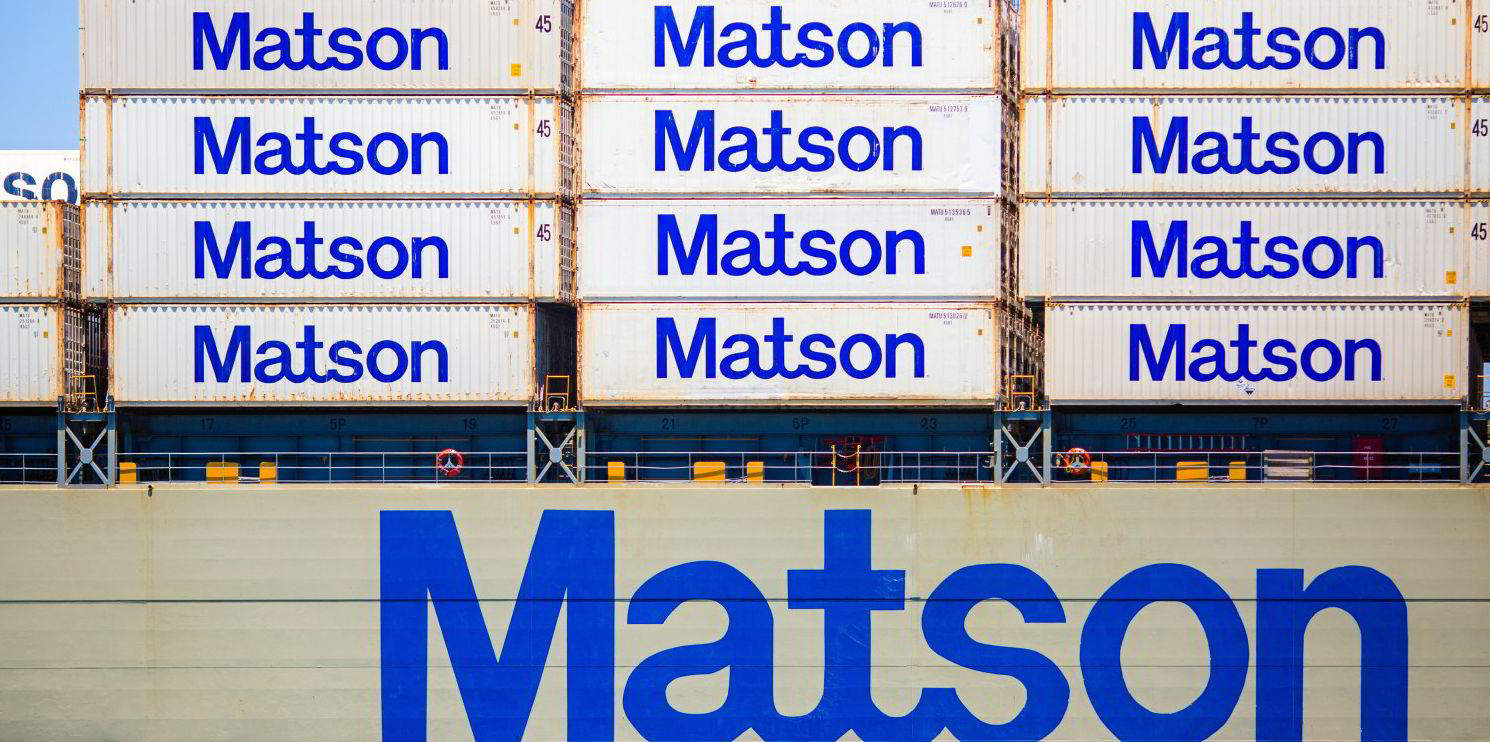
But the big player in US domestic trades in the Pacific, Matson Navigation, told the court in a sworn declaration that it has suffered harm, too. Qualified ships could have carried the fish to the US west coast for overland transportation in the US — not necessarily as cheaply, but legally.
Reefer owner Coastal Transportation along with barge players Samson and Alaska Marine Lines joined Matson in similar declarations.
"Alaska Marine Lines and other coastwise qualified carriers have ample capacity to provide prompt and timely service between Alaska and Seattle to transport all the seafood products produced in Alaska," declared Alaska Marine Lines president Kevin Anderson.
"With reasonable notice and planning, US railroads will clear logistical bottlenecks that may be currently limiting their capacity and will be able to efficiently move seafood products from Seattle to the eastern seaboard."
Michael Hebert, the CBP head Jones Act enforcer, and lead Department of Justice lawyer Bryan Wilson rejected pleas to ease up.
"Plaintiffs’ actions were not a one-time error or oversight, but rather part of a calculated and secret scheme to find a loophole in the Jones Act, which was only revealed when the Government received a tip from a third party," Wilson wrote.
"Plaintiffs are asking the court for a licence to break the law," he added.
Under the penalty scheme for Jones Act violators, the US authorities can demand penalties up to the value of the cargo carried.
Voyages of ships in the fleets of Star Reefers, Cool Carriers, Green Reefers and Trireme Vessel Management have been named in the action.
